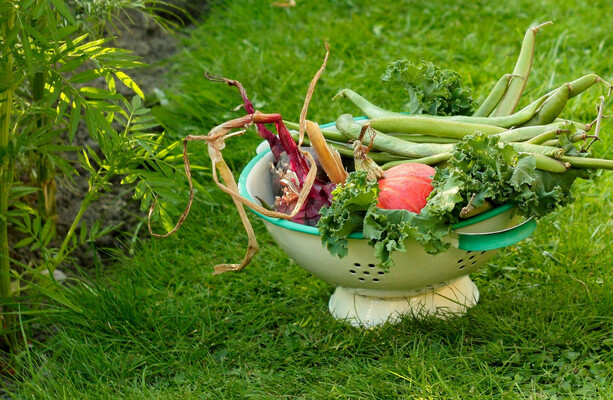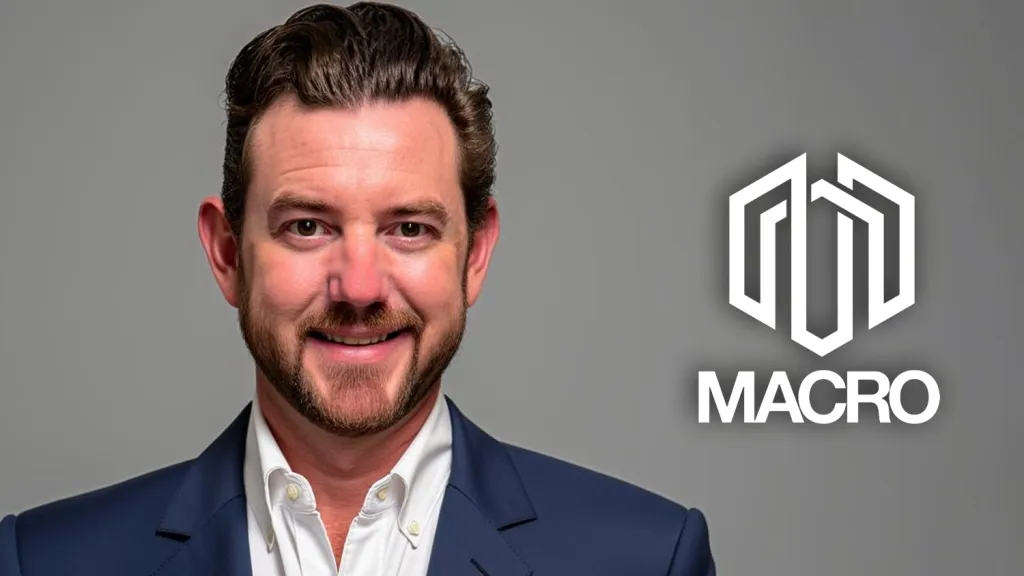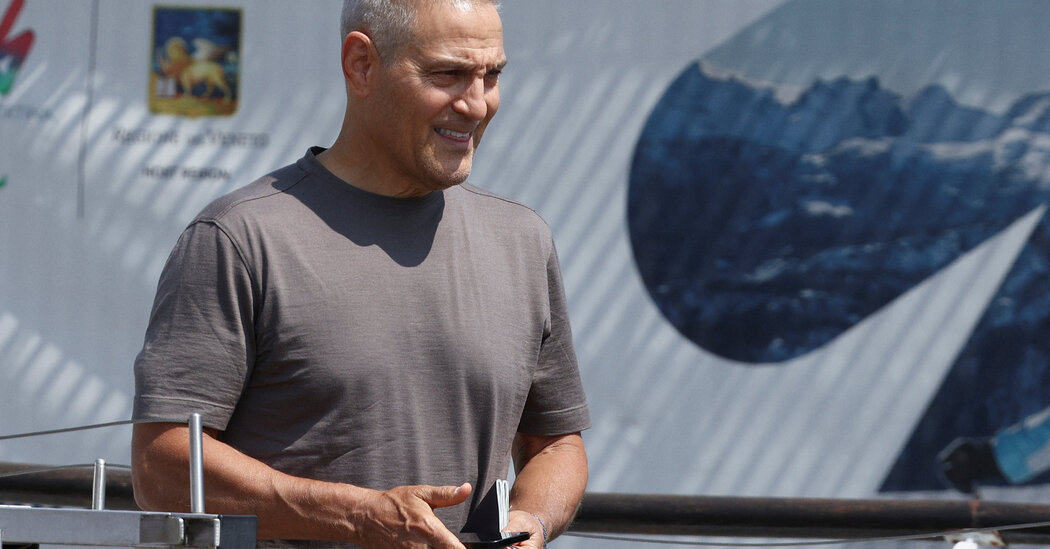Copyright thejournal

We need your help now Support from readers like you keeps The Journal open. You are visiting us because we have something you value. Independent, unbiased news that tells the truth. Advertising revenue goes some way to support our mission, but this year it has not been enough. If you've seen value in our reporting, please contribute what you can, so we can continue to produce accurate and meaningful journalism. For everyone who needs it. One-off amount I already contribute Sign in. It’s quick, free and it’s up to you. An account is an optional way to support the work we do. Find out more. Investigates Investigates Money Diaries The Journal TV Climate Crisis Cost of Living Road Safety Newsletters Temperature Check Inside the Newsroom The Journal Investigates Daft.ie Property Allianz Home The 42 Sport TG4 Entertainment The Explainer A deep dive into one big news story Sport meets news, current affairs, society & pop culture have your say Or create a free account to join the discussion Advertisement More Stories Exposure to ultra-processed foods have loaded our bodies with products we were not designed to consume.Alamy Stock Photo what we eat The relationship between farming and pharma is closer than you might like We’re a long way from the locally grown, nutrient-dense foods that previous generations grew up on, writes Pippa Hackett. 7.01am, 23 Oct 2025 Share options “LET FOOD BE thy medicine and medicine be thy food,” said the ancient Greek physician Hippocrates around 400 B.C. Age-old advice we really should take heed off in a modern world that sees nano-plastics in our brain, pesticides in our urine, and forever chemicals in our EU leaders… we really are what we eat. It’s welcome to see the growing interest (or should that be ‘growing concern’?) about the relationship between human health, food, and a healthy natural environment, because they are all intrinsically linked. Politicians rarely make the link between farming and pharma, but the food we eat and the lifestyles we live determine much about how that food is grown and produced and thus what our later lives will look like. We are what we grow our food in The recently published and second of the EAT Lancet Reports included a new category on “Novel Entities” – chemicals that can remain in our soil, air and water, in all ecosystems in fact, as well as in human blood. They are accumulating faster than we can manage. Entities like pesticides and anti-microbials, which are overused and becoming increasingly ineffective. Entities used predominately in the agricultural setting. Modern agriculture has created many soils so dysfunctional that they are only able to grow crops because of chemicals in the form of fertilisers and pesticides. Mother Nature oppressed right under our feet. And when you consider that many of the world’s anti-microbials are derived from the soil, and that soil health is degrading across the world because of modern farming processes, then adopting agricultural practices that restore soil to a healthy state is even more essential. Healthy soil, alive with microorganisms such as bacteria, fungi, protozoa and viruses, is the most fundamental building block of a healthy wider ecosystem, and for growing wholesome crops for agricultural production. We are sadly a long way from the locally produced and nutrient dense foods previous generations and indeed our distant evolutionary cousins were raised on. Overprocessed Our now daily exposure to unhealthy ultra-processed foods – such as fast food, ready meals and snacks – has loaded our bodies with nutrients we were not designed to consume, and has created a population that is obese and unwell. Advertisement It has also driven an agricultural model that pushes our finite land base more and more to produce commodities and products rather than healthy food. By devaluing food and how it is produced and processed, we devalue human health and the health of our natural world. I think it’s fair to say that the current food system is a lose-lose for nature and for human health, but a big win-win for the economy and those businesses which profit from producing and selling these ultra-processed foods which make people unhealthy. But does our government really care? Because when you operate under the premise that the economy is really all that matters, then things like soil health and forever chemicals drift into the background of insignificance, as do the increased incidence of lifestyle induced diseases such as obesity, diabetes, and cardiovascular disease. Because once we can “fix” the problem with some economically beneficial agrochemical or pharmaceutical, then there is really nothing to worry about, is there? Healthy food for a healthy us Ireland spends close on €30bn a year on healthcare, a figure expected to rise in line with our ageing and unhealthy population. So the big question is: how do we balance the need to have healthier populations of people and healthier natural environments, with a healthy economy? Hard to do when you want farmers to spend as much as they can on inputs, food outlets to buy as much produce as they can, and people to consume as much as they can, all in the name of healthy economy. For example, if we were to remove the need for life-extending medications and hospital stays for chronic illnesses by eating better food and taking more physical activity, then how might we justify the possible reduced workforce and revenues in those sectors as a result? Is it in fact possible to reverse engineer out of this vicious circle of environmental and human ill-health when too much of our focus is on the health of the economy? Many individuals make positive decisions every day in their lifestyle choices and the foods they choose to put on their plates, so it can be done. But how to bring it to the masses? For me, as a farmer, that begins inside the farm gate by nurturing and regenerating the soil. This not only supports a healthier natural environment; the crops, swards, and animals produced on it require fewer, if any, agrochemical and pharmaceutical inputs (while saving farmers money). And by producing healthier food, the potential for a healthier population is supported. Because as we all know, your health is your wealth – time the government took note. Pippa Hackett is a former Green Party Minister of State in the Department of Agriculture, Food and the Marine. She has a PhD and runs a farming and bloodstock enterprise with her husband in Co Offaly. Readers like you are keeping these stories free for everyone... A mix of advertising and supporting contributions helps keep paywalls away from valuable information like this article. Over 5,000 readers like you have already stepped up and support us with a monthly payment or a once-off donation. Support The Journal Pippa Hackett Viewcomments Send Tip or Correction Embed this post To embed this post, copy the code below on your site Email “Opinion: The relationship between farming and pharma is closer than you might like”. Recipient's Email Feedback on “Opinion: The relationship between farming and pharma is closer than you might like”. Your Feedback Your Email (optional) Report a Comment Please select the reason for reporting this comment. Please give full details of the problem with the comment... This is YOUR comments community. Stay civil, stay constructive, stay on topic. Please familiarise yourself with our comments policy before taking part. Leave a Comment Submit a report Please help us understand how this comment violates our community guidelines. Damaging the good reputation of someone, slander, or libel. Racism or Hate speech An attack on an individual or group based on religion, race, gender, or beliefs. Trolling or Off-topic An attempt to derail the discussion. Inappropriate language Profanity, obscenity, vulgarity, or slurs. Advertising, phishing, scamming, bots, or repetitive posts. Please provide additional information Thank you for the feedback Your feedback has been sent to our team for review. Leave a commentcancel Newly created accounts can only comment using The Journal app. This is to add an extra layer of security to account creation. Download and sign into the app to continue. Access to the comments facility has been disabled for this user View our policy ⚠️ Duplicate comment Post Comment have your say Or create a free account to join the discussion Agriculture Pharmaceuticals what we eat News in 60 seconds InvestigatesElection Expenses Political ad ban by social media companies leaves elections ‘susceptible to bad actors’ Conor O'Carroll Israel's Supreme Court to hear petition from media outlets demanding access to Gaza The Troubles Bloody Sunday: Judge expected to deliver verdict in trial of Soldier F 22 mins ago There were only 24 HAP properties available to rent in Ireland last month - 21 were in Dublin Over 20 arrests made and two gardaí injured during second night of riots near Citywest Ipas centre oil sanctions US announces heavy sanctions on Russia as Trump says Putin wasn't 'honest' in Ukraine talks here comes the rain again Yellow rain warning in place across three counties as Met Éireann warns of possible flooding Over 20 arrests made and two gardaí injured during second night of riots near Citywest Ipas centre presidential poll Connolly extends commanding lead over Humphreys in latest presidential poll Five members of Jozef Puska's family jailed for withholding evidence on murder of Ashling Murphy Justice Minister says more people will be prosecuted after disorder at Citywest as six arrested more from us Investigates Money Diaries The Journal TV Journal Media Advertise With Us About FactCheck Our Network FactCheck Knowledge Bank Terms & Legal Notices Terms of Use Cookies & Privacy Advertising Competition more from us TV Listings GAA Fixtures The Video Review Journal Media Advertise With Us Our Network The Journal FactCheck Knowledge Bank Terms & Legal Notices Terms of Use Cookies & Privacy Advertising Competition © 2025 Journal Media Ltd Terms of Use Cookies & Privacy Advertising Competition Switch to Desktop Switch to Mobile The Journal supports the work of the Press Council of Ireland and the Office of the Press Ombudsman, and our staff operate within the Code of Practice. You can obtain a copy of the Code, or contact the Council, at https://www.presscouncil.ie, PH: (01) 6489130, Lo-Call 1800 208 080 or email: mailto:info@presscouncil.ie Report an error, omission or problem: Your Email (optional) Create Email Alert Create an email alert based on the current article Email Address One email every morning As soon as new articles come online



